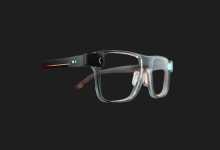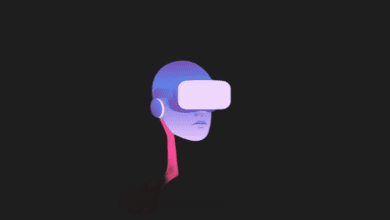Revolutionizing the Health Industry with Metaverse Technology

The concept of the metaverse, which is becoming increasingly prevalent across various fields, is undergoing significant investment today. This technology has garnered billions of dollars in investment from tech giants, leading to even a company like Facebook changing its name to Meta to align with this technological shift.
The metaverse has started to dominate multiple sectors, ranging from cryptocurrencies and the gaming industry to the education system and military technologies. Notably, the health sector stands out among these fields. With billions of dollars invested globally in healthcare every year, this sector is rapidly adapting to technological advancements, particularly in artificial intelligence (AI) and augmented reality.
Recent breakthroughs in AI and augmented reality have significantly improved disease diagnosis and medical education. Studies indicate that a hospital generates an average of 50 petabytes of data each year, with 97 percent of this data going unused.
AI algorithms effectively convert and analyze this untapped data, leading to the emergence of new methods in diagnosis and treatment, as highlighted in an article by Eric Topol in “Nature Medicine.” The future of healthcare is envisioned to involve widespread use of AI technology, ranging from specialized doctors to first aid workers.
Given the substantial impact of current technologies like AI on the health sector, it’s inevitable that the metaverse concept will also influence healthcare. How does the metaverse, considered a new era of the internet, specifically impact the health sector?
The metaverse is expected to enhance medical education for students, allowing for more effective learning experiences. Additionally, leveraging 5G technology, various surgeries may be performed without physical presence, revolutionizing the way healthcare is delivered.
NO RISK

For instance, a doctor based in Istanbul will have the capability to perform surgery on a patient located in Tokyo without physically being present. The implementation of surgeries through a 5G connection eliminates distance barriers, allowing for real-time and delay-free image transmission.
This technology not only facilitates surgeons in closely monitoring operations but also enables the sharing of interactive information, making significant contributions to surgical training. With the integration of such technologies, consultations with doctors become feasible without the need for physical hospital visits, particularly in cases and diseases that do not necessitate in-person examinations.
The Metaverse offers a risk-free environment for healthcare professionals to diagnose and treat diseases with high transmission risks, such as COVID-19. Addressing one of the major challenges in medical education, the deficiencies in cadaver and case practices can be overcome with the contribution of the virtual world established by the Metaverse.
Students, under the supervision of their teachers, can gain valuable professional experience through scenarios set up in the Metaverse, providing a solution to the limitations in practical training.











